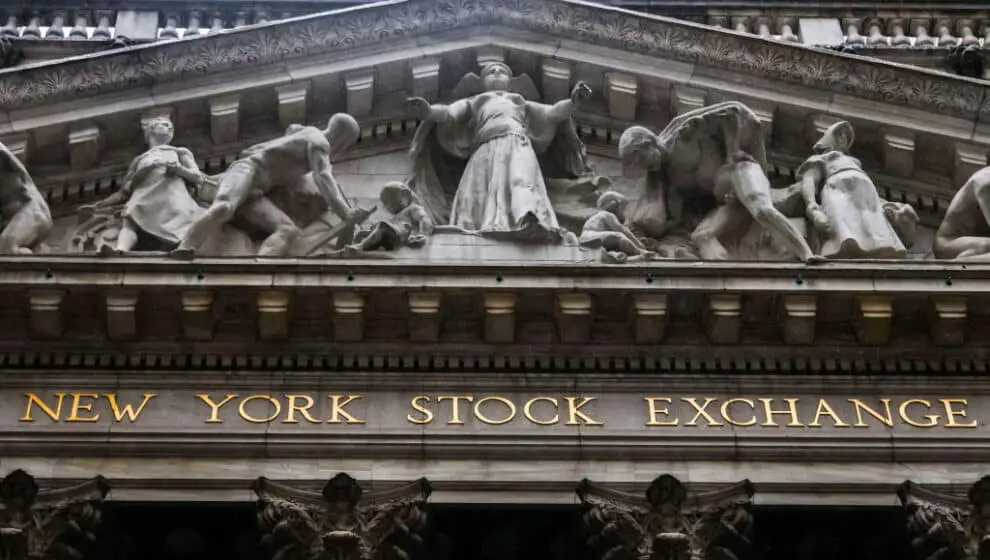Shareholder activism is growing as changes from the Securities and Exchange Commission (SEC) encourage more proposals, and more shareholders plan to take action.
Key Details
- Shareholder proposals will likely grow in 2023 as more shareholders prepare to participate, according to a report from The Conference Board.
- Activist shareholders are investors who attempt to use their position as a holder of stock to leverage change within a company.
- Environmental, social, and governance (ESG) activism is growing, but fewer of these activist efforts are succeeding.
- The Conference Board’s report notes that the declining success of ESG actions is tied to weaker proposals rather than declining interest in climate activities.
- Shareholder proposals that are directly against ESG activism will also likely grow this year, motivated by both struggling corporate performance and shareholders’ ideology.
Why it’s news
More shareholders are taking action on ESG issues, but fewer of those actions are finding success. More climate-related proposals were filed against Russell 3000 companies last year than in previous years, but general support for those proposals declined last year.
The Conference Board’s report found that this decline in successful proposals is related to poor quality proposals rather than declining shareholder sentiment.
Opposition to executive compensation packages increased last year—a trend experts expect will continue this year. Support for Russell 3000 directors declined slightly, falling to 94% from 95% the previous year.
The report’s authors predict that “anti-ESG” proposals will become more common this year. Their growing popularity is fueled by both poor corporate performance and shareholders’ ideology.
Last year, plastic pollution was the most supported environmental topic among climate-related shareholder activism. Data mining firm ESGAUGE predicts that climate-related proposals will grow this year but will spread into topics other than plastic pollution, such as biodiversity and deforestation, Yahoo Finance reports. ‘
Of all ESG proposals, social proposals most frequently came to a vote. Political activity remained high on shareholders’ priority lists.
